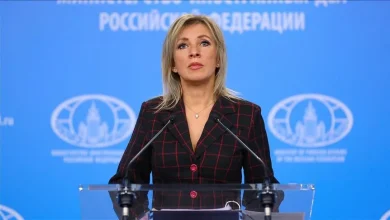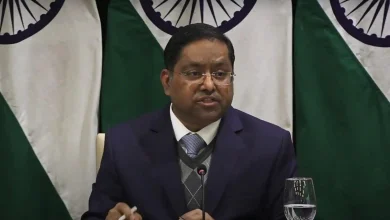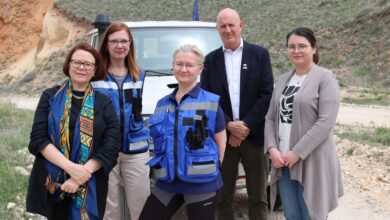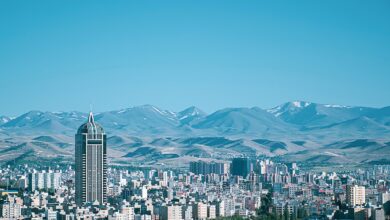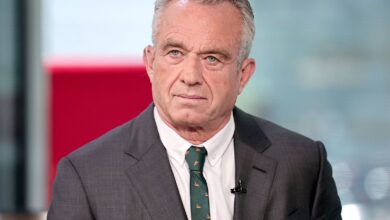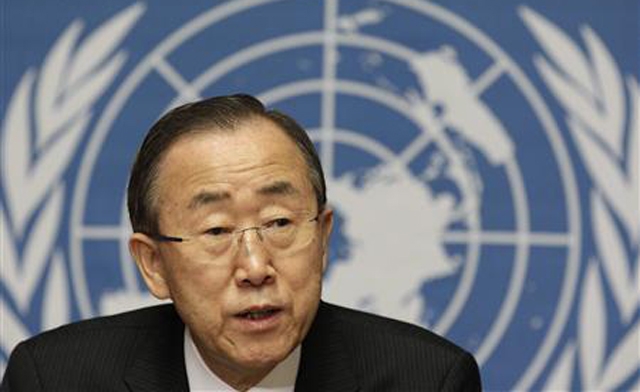
“A journey of a thousand miles begins with a single step, but starting this week we can march a thousand days forward into a new future,” UN Secretary-General Ban Ki-Moon wrote in an article titled “A Thousand Days to Keep the Millennium Promise.” The article runs as follows:
“On April 5th, the world will reach a vital moment in history’s largest and most successful anti-poverty push – the 1,000-day mark before the target date to achieve the Millennium Development Goals.
These eight concrete goals were set in the year 2000, when more leaders than ever before gathered at the United Nations and agreed to cut global poverty and hunger by half, fight climate change and disease, tackle unsafe water and sanitation, expand education and open doors of opportunity for girls and women.
It was not the first time leaders had made lofty promises. Cynics expected the MDGs to be abandoned as too ambitious. Instead, the Goals have helped set global and national priorities, mobilize action, and achieve remarkable results.
In the last dozen years, 600 million people have risen from extreme poverty – a fifty per cent reduction. A record number of children are in primary school — with an equal number of girls and boys for the first time. Maternal and child mortality have dropped. Targeted investments in fighting malaria, HIV/AIDS and tuberculosis have saved millions of lives. Africa has cut AIDS-related deaths by one-third in just the past six years.
There are also Goals and targets where we need far more progress. Too many women still die in childbirth, when we have the means to save them. Too many communities still lack basic sanitation, making unsafe water a deadly threat. In many parts of the world, rich and poor alike, inequalities are growing. Too many are still being left behind.
To accelerate action, the international community should take four steps now.
First, scale up success through strategic and targeted investments that have a multiplier effect, boosting results in all other areas: one million community health workers in Africa to serve hard-to-reach areas and keep mothers and children from dying of easily preventable or treatable conditions; scaled-up investments in sanitation; universal access to primary health services, including emergency obstetrical care; and adequate supplies to address HIV and malaria.
Ensuring equal access by women and girls to education, health care, nutrition and economic opportunities is one of the most powerful drivers of progress across all the Goals.
Second, let us focus on the poorest and most vulnerable countries, home to some 1.5 billion people. Often dogged by famine, conflict, poor governance and large-scale organized criminal violence, these countries are finding it most difficult to make progress despite their best efforts. Many have not yet achieved a single MDG. By investing in regions such as the Sahel, the Horn of Africa, and Central Asia, we can promote a virtuous circle of economic development, human security, and peace building.
Third, we must keep financial promises. Budgets cannot be balanced on the backs of the poorest and most vulnerable. It is ethically unacceptable and it will help neither donor nor recipient. Despite austere times, many countries have been exemplary in honouring pledges. New donors among the emerging economies are also stepping forward. We should applaud these efforts and encourage more.
Fourth, the 1,000-day mark should be a call to action to a global movement from governments to the grassroots who have been so critical to success. We should also harness the full power of technology and social media – opportunities that were not available when the Goals were formulated at the turn of the century.
The MDGs have proven that focused global development objectives can make a profound difference. They can mobilize, unite and inspire. They can spark innovation and change the world.
Success in the next 1,000 days will not only improve the lives of millions, it will add momentum as we plan for beyond 2015 and the challenges of sustainable development.
There will be much unfinished business. But, as we look to the next generation of sustainable development goals, we can find deep inspiration knowing that the MDGs have shown that, with political will, ending extreme poverty is achievable and within our grasp.
Let us make the most of the next 1,000 days and make good on our Millennium promise.




